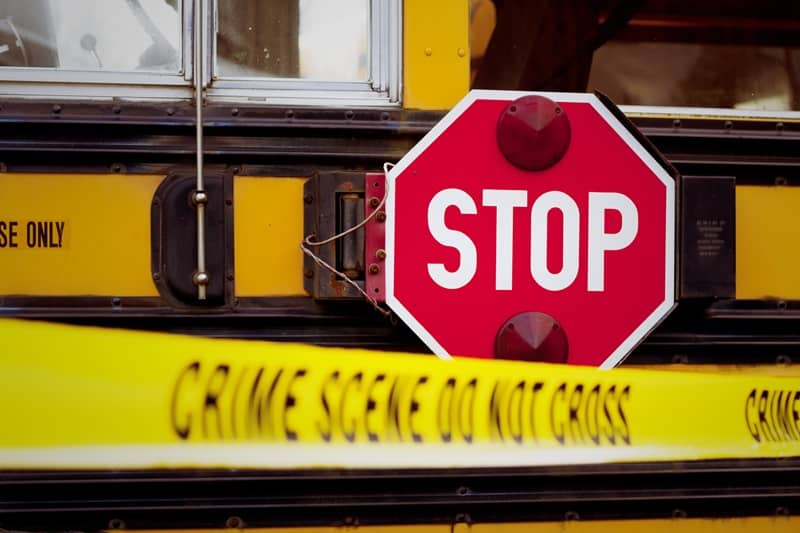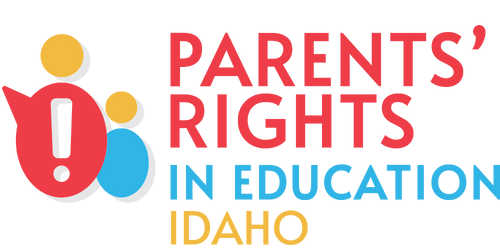News
When Schools Ignore Red Flags, Students Pay the Price

This week, yet another tragedy struck when a former student opened fire at a Minneapolis school, leaving families and an entire community shaken. As parents, our hearts break for the children who were forced to face the unthinkable. But heartbreak must also be followed by hard questions.
This is not an isolated pattern. The Nashville school shooting last year revealed a chilling similarity: in both cases, the shooters were graduates returning to attack the very schools they once attended. That fact alone should raise alarms about the unresolved struggles these young adults carried with them after leaving the school system.
Even more concerning, both individuals were reported to be receiving so-called “gender-affirming care.” Powerful hormones and medical interventions are not neutral—they can profoundly alter mood, decision-making, and mental stability. Instead of addressing root causes of confusion, anxiety, and depression, our culture increasingly encourages medicalization that may compound, rather than resolve, underlying distress.
📊 By the Numbers: Youth in Crisis
- 42% of U.S. high school students reported persistent feelings of sadness or hopelessness in 2021 (CDC).
- 29% increase in youth anxiety and depression diagnoses over the past decade (National Institutes of Health).
- 300% rise in children and teens seeking “gender-affirming care” since 2017 (Williams Institute).
- Less than 33% of students in many districts are proficient in reading or math (Nation’s Report Card, 2022).
- 100% of parents lose when schools hide critical information about their child’s struggles.
✍️ My Take
As Executive Director of Parents’ Rights in Education, I believe these back-to-back tragedies are a wake-up call. Parents are not the enemy—they are the solution. Every parent has the right to know if their child is struggling with mental health or identity confusion. Hiding the truth only deepens the crisis. It’s time to demand school policies that put parents back in the driver’s seat. Show up at your local school board meetings, support legislation that restores transparency, and stand with families who are speaking out. If we don’t act now, schools will continue to gamble with the safety of our children. Parents matter. And when parents are pushed out, everyone pays the price. — Suzanne Gallagher, Executive Director, Parents’ Rights in Education📣 Take Action Now: Protect Our Kids
Parents—your voice matters. Here’s what you can do today:- Show Up → Attend your local school board meeting. Ask what policies are in place for notifying parents when a student shows signs of emotional or behavioral distress.
- Demand Transparency → Contact your legislators and insist on laws requiring schools to inform parents of any mental health or identity-related interventions.
- Build Community → Connect with other parents in your district. Together, you can push back against policies that sideline families.
- Stay Informed → Follow Parents’ Rights in Education for updates, resources, and action alerts.
- Be the Advocate → Remind school leaders that no one cares more about children’s safety and future than their own parents.

